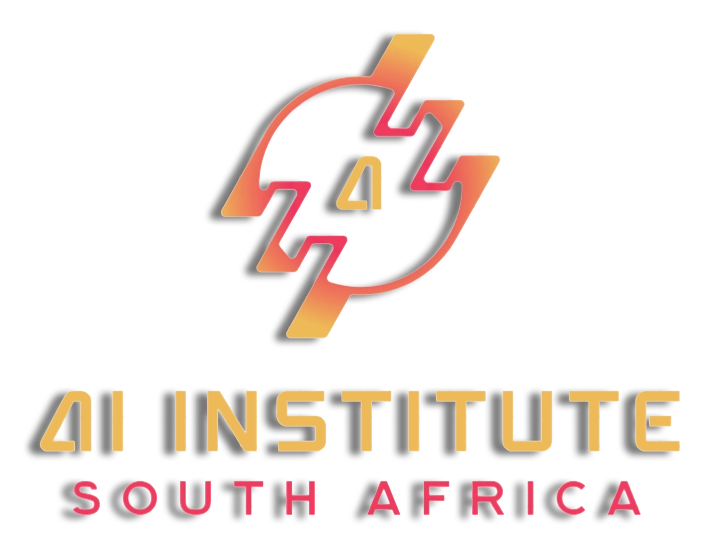Only about 8% of South Africans speak English at home. Still, it remains the default language for most customer-facing services and digital interactions in the country. That’s a huge gap — one that AI South Africa is finally starting to bridge. At the forefront is Helm, a local Customer Experience (CX) company turning artificial intelligence into a tool for linguistic inclusion.
Helm’s work goes beyond translation. It’s about reshaping the core of how brands communicate by allowing conversations to happen in any of South Africa’s 11 official spoken languages. With their proprietary Helm Engine™, they’re showing that customer experience isn’t just about fast delivery or loyalty perks — it’s also about being understood.
The Language Divide in South African Tech
In a country as diverse as South Africa, language is personal. Yet for decades, the tech and service sectors have largely ignored this reality. English dominates banking apps, websites, automated menus — even though most citizens think, speak, and live in a different language daily.
AI South Africa is stepping in to challenge that. Helm saw the problem years ago. That’s why they built their AI engine with a focus on under-resourced languages — long before it became a trend.
Helm Engine™: Designed for Understanding, Not Just Translation
Let’s clear something up: translation is not enough. Just switching words from one language to another doesn’t capture meaning, tone, or context — especially in customer service, where precision matters.
Helm’s answer? Natural Language Understanding (NLU). This tech allows their AI to grasp intent — not just vocabulary. So if a customer says, “I’m trying to find a branch,” the bot understands whether they want directions, hours, or an actual phone number. Then it responds in the user’s home language.
Helm Engine™ integrates this intelligence across all 11 official South African languages. Whether it’s isiZulu, Xitsonga, or Afrikaans — the bot adapts, responds, and supports.
Why Language Matters in Customer Experience
Stef Adonis, Helm’s Head of Marketing, puts it simply: “If you’re not an English speaker, even basic tools like store locators become hard to use.” Now think about more complex services — loan applications, legal documents, or utility signups. For many South Africans, these are daily barriers.
Adonis believes that language inclusion should be central to CX strategy — not an afterthought. And AI South Africa now has the tools to make that happen.
Here’s the problem:
- Most brands invest in delivery speed and app features
- Few invest in language preferences
- Non-English users often feel excluded, confused, or left out
Helm’s solution:
- Enable communication in the customer’s home language
- Use NLU to respond accurately to complex requests
- Enhance machine responses with human review when needed
How NLU Is Changing the Game
Unlike rule-based bots that rely on specific keyword triggers, NLU-powered systems detect what a person means. It’s a deeper form of AI — and Helm is building it with South Africa’s cultural and linguistic context in mind.
Sometimes, NLU needs help. For example, when technical jargon has no direct translation, Helm includes human language experts in the loop. This hybrid model makes sure that the tech respects nuance while staying fast and scalable.
This balance of automation and cultural accuracy is what makes AI South Africa stand out — especially when deployed in real-time, high-volume environments like WhatsApp or retail customer service.
Multichannel, Multilingual, Multimodal
Helm’s platform doesn’t just talk — it listens, types, and shows. Whether it’s text-based chat, voice notes, or visual interfaces, it supports multimodal interaction across channels.
Popular applications include:
- WhatsApp Chatbots – handling customer queries in isiXhosa or Sepedi
- Retail Support Systems – guiding purchases via local-language pop-ups
- Voice Interfaces – automating services like insurance claims or meter readings
The goal? To allow brands to meet customers where they are, in the language they trust most.
The Real-World Impact of AI South Africa
So what happens when companies embrace Helm’s tech?
- Call center load drops – because more users solve issues via bots
- Customer trust grows – because people feel heard, not just processed
- Inclusivity improves – especially in rural and low-income areas
- Efficiency spikes – as AI handles high-volume messaging effortlessly
By 2025, AI South Africa isn’t just reacting to global trends — it’s creating homegrown solutions with global relevance.
Helm’s Recognition in the Tech Industry
In 2024, Helm was honored at the Technology Innovation Awards for its work in customer experience transformation. The recognition wasn’t just for technical brilliance — it was for putting language and inclusivity at the center of CX design.
For companies still unsure about jumping into AI, Helm is proving that you don’t need Silicon Valley budgets to innovate. You need local knowledge, real intent, and smart execution.
Looking Ahead: The Vision for a Multilingual Digital Economy
Helm sees a future where AI South Africa supports billions of conversations — each in a different language, each personalized, each accurate.
Imagine walking into a store, scanning a QR code, and instantly chatting in your preferred tongue. Or applying for healthcare through a chatbot that speaks your language fluently — not awkwardly. That’s not a dream. That’s where Helm is headed.
So the next time someone says AI is about algorithms and automation, point them to Helm — where AI meets identity, and where the conversation starts in the language you call home.

